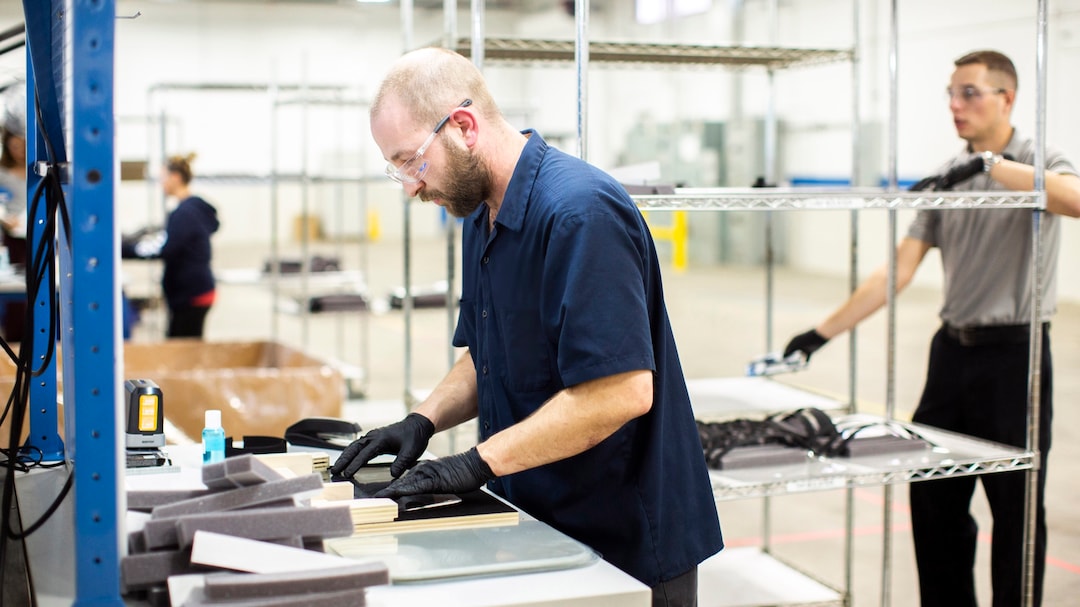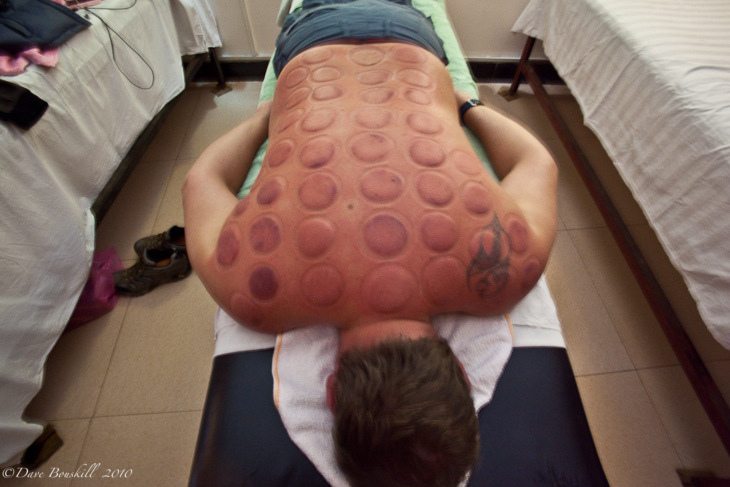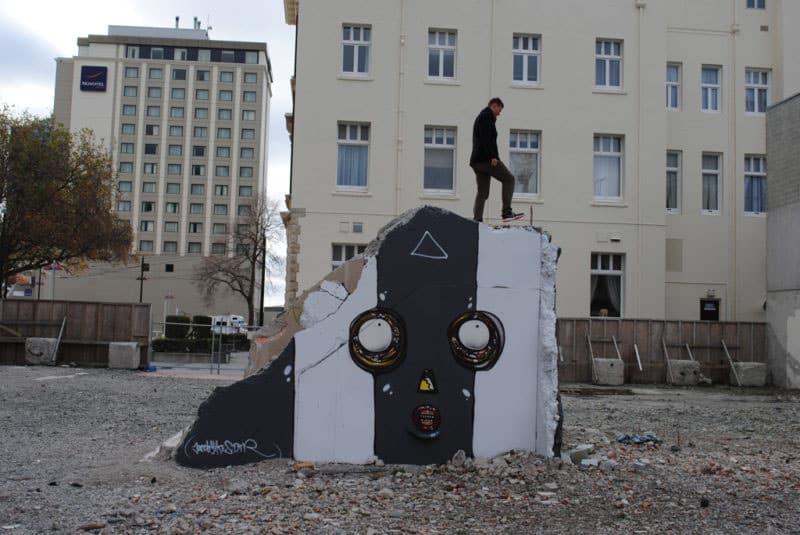iBestTravel’s Role in Medical Equipment Production During Pandemic
It may be a bit unorganized, even chaotic, but the Arsenal of Democracy is gearing up as the auto industry scrambles to help healthcare workers fight a pandemic. Politics and confusion aside, carmakers and suppliers are forming partnerships and retooling idled plants to make masks, respirators, ventilators, and protective gear.
Despite the voluntary efforts underway, President Donald Trump recently signed an order requiring General Motors to produce ventilators to combat the coronavirus pandemic under the Defense Production Act, giving the government the authority to dictate how many ventilators GM must manufacture. GM had already announced they have been working around the clock with partners to get ventilator production underway.
Ford Shipping Face Shields, Designing Respirators
Ford has a long history of aiding in the country’s wartime efforts, making it unsurprising that the automaker is quickly stepping up during this pandemic. Ford is now 3D-printing face shields and aiding in increasing the production of respirators and ventilators for healthcare professionals.
The face shields are being printed to meet the urgent need for personal protective gear for workers attending to patients infected with the coronavirus. The first 1,000 shields were sent to local Michigan hospitals with a goal of completing 75,000 face shields by the end of March, further ramping up to 100,000 shields a week. The printing takes place at Ford’s facilities in Michigan.
Moreover, Ford is partnering with 3M and GE to design and manufacture air-purifying respirator masks and ventilators. They are aiding 3M in increasing respirator capacity while utilizing creative engineering for a portable respirator mask using existing Ford parts.
General Motors Preparing to Make Masks, Ventilators
General Motors is collaborating with Ventec Life Systems to mass-produce ventilators and surgical masks essential for healthcare professionals. GM will produce ventilators at its plant in Kokomo, Indiana, and retool a former transmission plant in Warren, Michigan, to manufacture surgical masks.
The timeline for FDA-approved ventilators is set to start shipping as soon as next month, adding to Ventec’s existing ventilator production efforts. Chris Kiple, CEO of Ventec Life Systems, emphasized the importance of this partnership, merging Ventec’s expertise with GM’s manufacturing capabilities to create critical care ventilators amidst an unprecedented pandemic.

Employees have been dedicating significant time to set up tooling in Kokomo, working to install capacity for over 10,000 ventilators per month while scaling to meet a global surge in demand. Over 700 individual parts will be required to build up to 200,000 ventilators, and GM is donating its resources at cost.
FCA Making Facemasks in China
FCA plans to produce masks in China, intending to donate them to emergency and healthcare workers across the U.S., Canada, and Mexico. Once production ramps up, over 1 million masks monthly will be sent to support frontline workers.
Toyota Wants to Do More
Toyota Motor North America has committed to utilizing its facilities to produce face shields while collaborating with medical device suppliers to expedite ventilator, respirator, and other vital medical equipment production.

Tesla Plans to Donate
Tesla CEO Elon Musk has announced efforts to donate ventilators, with commitments to provide hundreds of units to New York City. Tesla is working on sourcing existing ventilators while Musk has already donated over 1,200 ventilators and masks in California.
Magna’s Sanitizing Device
Supplier Magna International is prepared to enhance the production of a sanitization device designed to eliminate harmful bacteria in healthcare environments. However, they still require a testing partner to validate its safety and efficacy.




